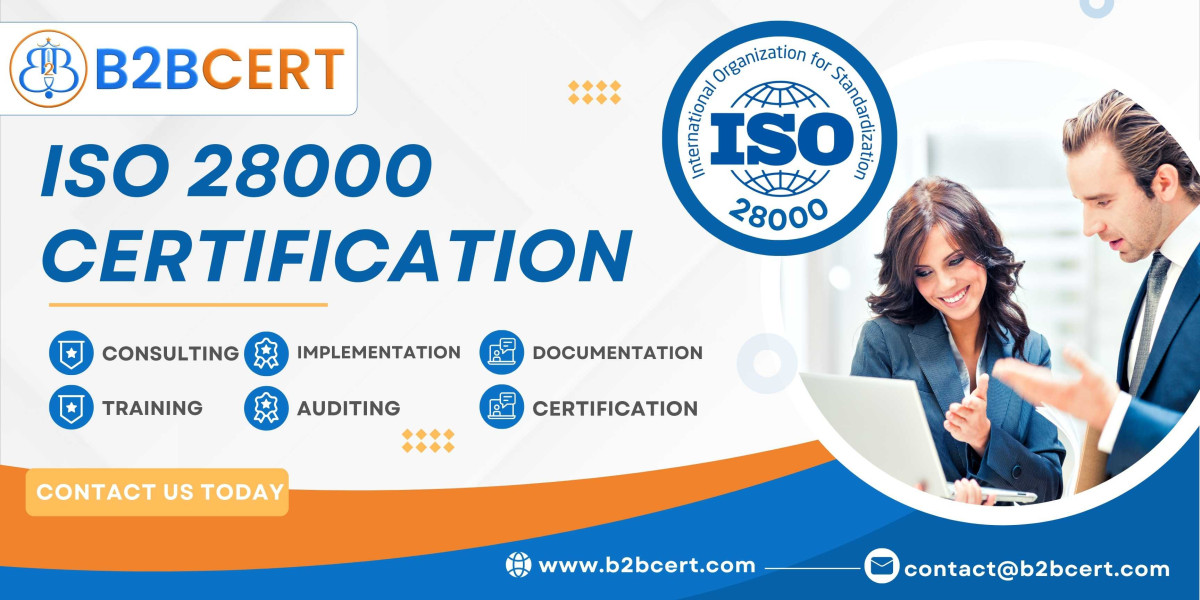1. Automation and Artificial Intelligence (AI)
Automation and AI are at the forefront of the digital bookkeeping revolution. Advanced software can now handle routine tasks such as data entry, invoice processing, and even complex calculations with minimal human intervention. This not only saves time but also reduces the margin for error significantly.
AI algorithms are capable of analyzing vast amounts of financial data to identify trends, forecast financial outcomes, and provide valuable insights. These insights enable businesses to make informed decisions quickly and accurately, enhancing their strategic planning capabilities.
2. Cloud Computing
Cloud computing has been a game-changer for digital bookkeeping. It allows accountants and business owners to access financial data from anywhere in the world, at any time. This flexibility is crucial in today’s globalized economy, where businesses operate across multiple time zones.
Cloud-based accounting software also ensures that data is backed up in real-time, reducing the risk of data loss. Furthermore, these platforms often come with robust security measures to protect sensitive financial information from cyber threats.
3. Blockchain Technology
Blockchain technology is increasingly being integrated into accounting practices due to its ability to provide transparent and tamper-proof records. Each transaction is recorded in a decentralized ledger, which is accessible to all authorized parties. This transparency reduces the risk of fraud and enhances trust between businesses and their stakeholders.
In 2024, blockchain is also facilitating more efficient audits. Auditors can verify transactions in real-time, significantly speeding up the auditing process and ensuring higher accuracy.
4. Enhanced Data Analytics
Data analytics tools are becoming more sophisticated, enabling accountants to analyze financial data more effectively. These tools can process large datasets to uncover patterns and anomalies that might be missed by traditional methods. Predictive analytics, a branch of data analytics, is particularly valuable as it helps businesses anticipate future financial scenarios and prepare accordingly.
By leveraging enhanced data analytics, businesses can optimize their financial performance, identify cost-saving opportunities, and mitigate risks more effectively.
5. Mobile Accounting
With the rise of mobile technology, accounting is no longer confined to the office. Mobile accounting apps allow business owners and accountants to manage finances on the go. From invoicing clients to tracking expenses, these apps provide a comprehensive suite of tools that make financial management more convenient and efficient.
Mobile accounting is particularly beneficial for small business owners and freelancers who need to stay on top of their finances without being tied to a desk.
6. Integration with Other Business Systems
Modern accounting software often integrates seamlessly with other business systems such as customer relationship management (CRM) and enterprise resource planning (ERP) systems. This integration streamlines processes by ensuring that financial data is consistent across all platforms, reducing the need for manual data entry and minimizing errors.
Such interconnected systems also provide a holistic view of the business, enabling more comprehensive financial analysis and reporting.
7. Regulatory Compliance
Keeping up with ever-changing regulatory requirements is a significant challenge for businesses. Digital bookkeeping solutions often come with built-in compliance features that automatically update to reflect the latest regulations. This ensures that businesses remain compliant with tax laws and financial reporting standards, avoiding costly penalties.
Conclusion
The rise of digital bookkeeping in 2024 marks a significant shift in the accounting industry. Technology is not only making accounting more efficient and accurate but also transforming it into a more strategic function within businesses. As automation, AI, cloud computing, blockchain, data analytics, mobile accounting, and integrated systems continue to evolve, the future of accounting looks promising.
Businesses that embrace these technological advancements will be better positioned to navigate the complexities of the modern financial landscape, making digital bookkeeping not just a trend, but a necessity for sustained success.








